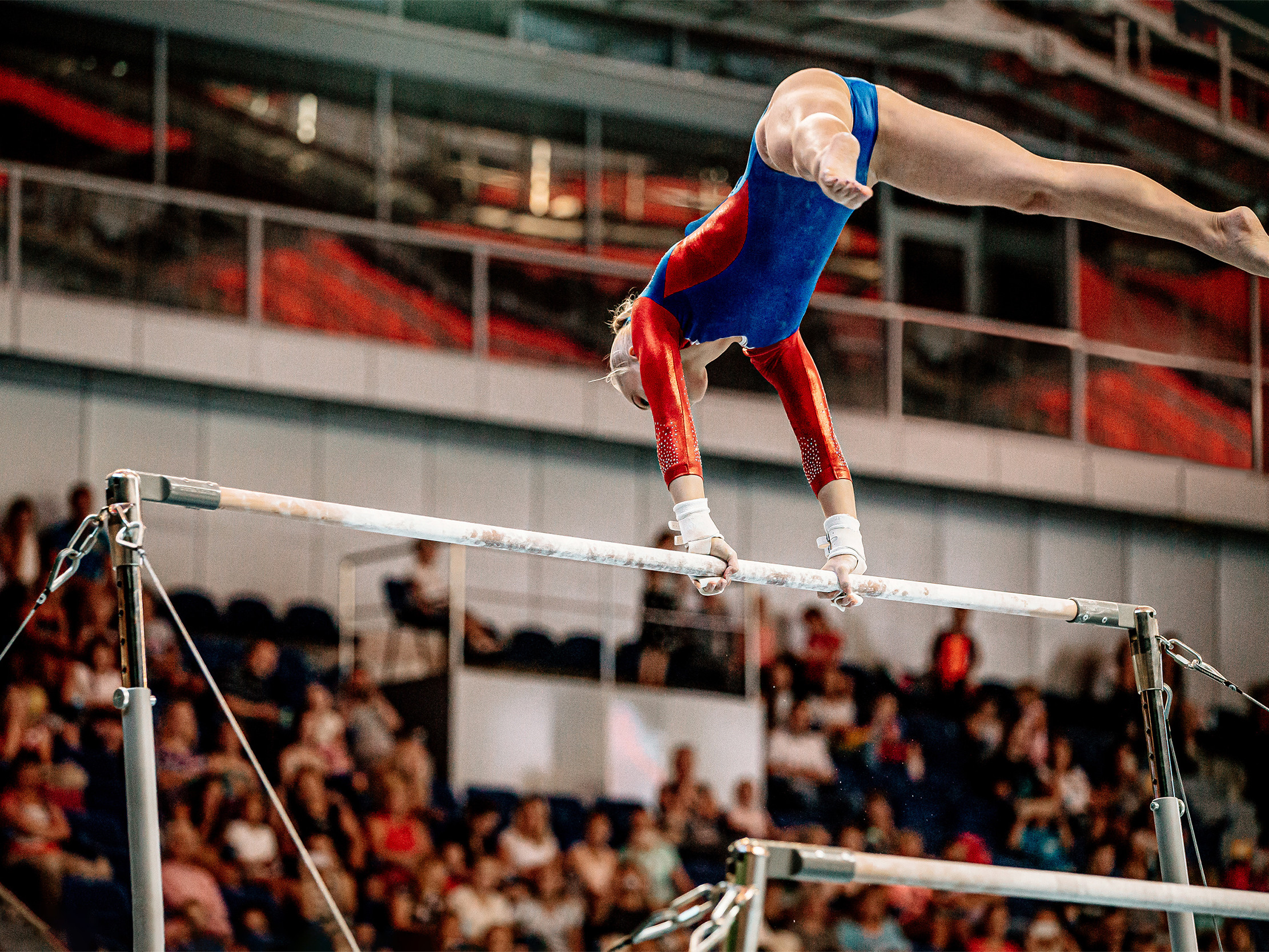Whilst it is not always reflected in their remuneration structures, elite sports organisations generally understand that the roles of those off-the-pitch have a demonstrable impact on those on-the-pitch yet, more often than not, their recruitment processes for these roles lack rigour.
This fact was not lost on my now business partner, Dave Slemen, a former professional rugby player who transitioned into the world of executive search within the chemical and energy sectors and saw the impact that an evidence-based, thorough recruitment process can have on corporate clients.
Appreciating that there was an opportunity to bring this approach to performance roles within elite sport, he founded Elite Performance Partners [EPP], the performance consultancy and search firm we co-run based in the UK, and with an office in Melbourne, Australia.
Eight years on, our business has evolved. We still place senior leaders, and their teams, across performance roles for a myriad of sports across the globe, but just as Dave realised that learnings from the corporate world are relevant and transferable to the sporting domain, so we as a business have shifted, moving from a focus on performance roles to performance thinking, distilling what it is that makes high-performing teams just that, and applying that knowledge to help improve those working in the wider business of sport, and beyond.
Working in ways that enable you to perform best
Understanding what enables people to perform to their best requires much more than an understanding of their strengths and weaknesses though. As Peter Drucker explained in his paper for Harvard Business Review[1] over ten years ago, and which is arguably even more true today, people achieve results not only by doing what they are good at, but also by working in ways that enable them to perform best.
This is what we mean when we talk about cultural fit. Yes, it’s about ensuring that the values of the incoming candidate are aligned with those of the organisation they are joining. But much more than this, it’s about understanding how they learn (and whether they can unlearn), whether they work better collaboratively or autonomously and, if the former, in what sort of team and relationship, and surrounded by what other skills? Are they a decision-maker, happy to take on the pressure of making the ultimate call – in our business, Dave – or, like me, do they do better work without that burden, preferring to influence the outcome but not be its ultimate architect?
We wholeheartedly agree when Drucker argues that to perform, or perhaps equally importantly in order to not ‘not perform’, you need to know where you belong, which means knowing your values and personality, but also how you get results, how you learn, how you like to operate and where you need support. It is this that we probe for in interview as much as gaining an understanding of a candidate’s more functional attributes and track record. After all, high-performing teams are not just about individuals but the collective: no one ever gets there alone and nor do they need to if the right support is in place around them.
As I set out in a previous article for Leaders in Sport around the myth of the perfect candidate in high performance, that no one is ever more than an 80 percent fit is a tenet we live by at EPP – job descriptions are theoretical, candidates are human – and looking for perfection creates an over-reliance on experience. It also encourages blind spots around the areas people under-index on, as opposed to welcoming them as an opportunity for development and a chance to collaborate with others with skills or view.
Practising what we preach
Where EPP now needs support given our broaden remit is exactly here: as we’ve taken on more roles, in more geographies, across more sports and sectors, and our focus on bringing performance thinking to different environments has tightened so, conversely, has our need to really understand how this thinking should manifest itself in different situations increased.
“The obsession for sport in Australia, combined with the salary-capped expenditures has driven practitioners to lead the world in innovation and application of high performance philosophies,” says Darren Burgess, an EPP consultant at our Melbourne office. Working alongside Darren is Dr Craig Duncan, and the pair give us not only feet on the ground in an important and mature region but, more significantly, add to our knowledge by bringing a different, experiential lens. Currently also High Performance Manager at Melbourne FC, Darren last month stewarded the Demons to victory in the 2021 AFL Grand Final – for the first time since 1964. When you take the 20-plus years’ experience he brings as a performance coach, working previously in high-profile roles at Arsenal FC and Liverpool FC in the UK, and the Football Federation in Australia, this is perhaps not surprising.
Craig has also worked with both the Socceroos, whom he helped win the 2015 Asian Cup, and the Matildas, who reached the quarter-finals of both the 2015 FIFA Women’s World Cup and 2016 Rio Olympic Games during his tenure. As a result, he is rightly considered one of the world’s leading human performance strategists, having worked with over 75 sporting organisations across four continents so far, a consultancy client-base he will continue to develop alongside his role at EPP.
“The Australian high-performance environment is unique in that there is access to some of the best-educated and acknowledged practitioners in the World,” says Craig.
“They understand that the right staff are imperative for long-term success and are beginning to realise that positive recruitment strategies are fundamental to achieving the best outcome.”
At EPP, as a result of this additional experience, we feel we’re now able to ask even better questions and are increasingly able to help clients find better solutions. As Drucker articulates so well, if clients – and candidates – are to understand what any given person’s contribution to a team or role should be, and therefore how their success will be measured, they need first to understand what the situation requires, which means truly understanding the environment, team dynamics, long-term vision and short-term goals. For EPP, our situation requires greater experiential performance understanding that translates across the board, to complement that already in the business as well as the academic knowledge we already possess.
Academic vs. experiential: it’s always ‘and’
The relative merits of, and required balance between, academic and experiential learning is a debate we often have. This is in part a result of the world in which we work, and our fascination with learning – and how to help people unlearn – and in part because of our different backgrounds and biases.
It was even the key theme of Dave’s recent MBA dissertation, for which he worked with nine of the most prominent performance leaders in the UK to consider exactly that: where the balance should sit between the two in any leadership development programme, and how we should evolve EPP’s accordingly. While there was much nuance in his answer as to how the two might be delivered to together create an enriched programme, that both were important was without doubt.
Interestingly, across the themes that emerged, two stood out as being consistently important for all, albeit applied in different ways depending on the leader: involving the right people at the right time – coaches, mentors and role models (good and bad) – and the creation of pressurised environments within which to practise the tools being acquired. By chance, these were the two critical factors highlighted in my aforementioned article, and both highlight the importance of on-the-ground knowledge and experience to underpin academic rigour and expertise. Whilst not part of the research themselves, Darren and Craig have added to this insight.
“A good leadership programme challenges the participants to become more self-aware about their current leadership performance and motivate and engage their followers,” Craig adds. This is a view Darren echoes from his own personal experience. He says:
“Great leadership development programmes should challenge leaders to reflect on their performance, encouraging them to assess both objectively and subjectively their team performance in all scenarios.”
It is this understanding that makes the arrival of Darren and Craig so exciting – in complementing our strengths and knowledge, correcting some of our weaknesses, and challenging our thinking with current hands-on experience, we are more likely to meet our own performance goals, and so continue to help clients meet theirs.
[1] Drucker, P.F., 2008. Managing oneself (Harvard Business Review Classics)
This article was written in partnership with Leaders In Sport and first appeared on their website.
If you enjoyed reading this article, you may be interested in reading our piece ‘The Myth of the Perfect Candidate‘.





